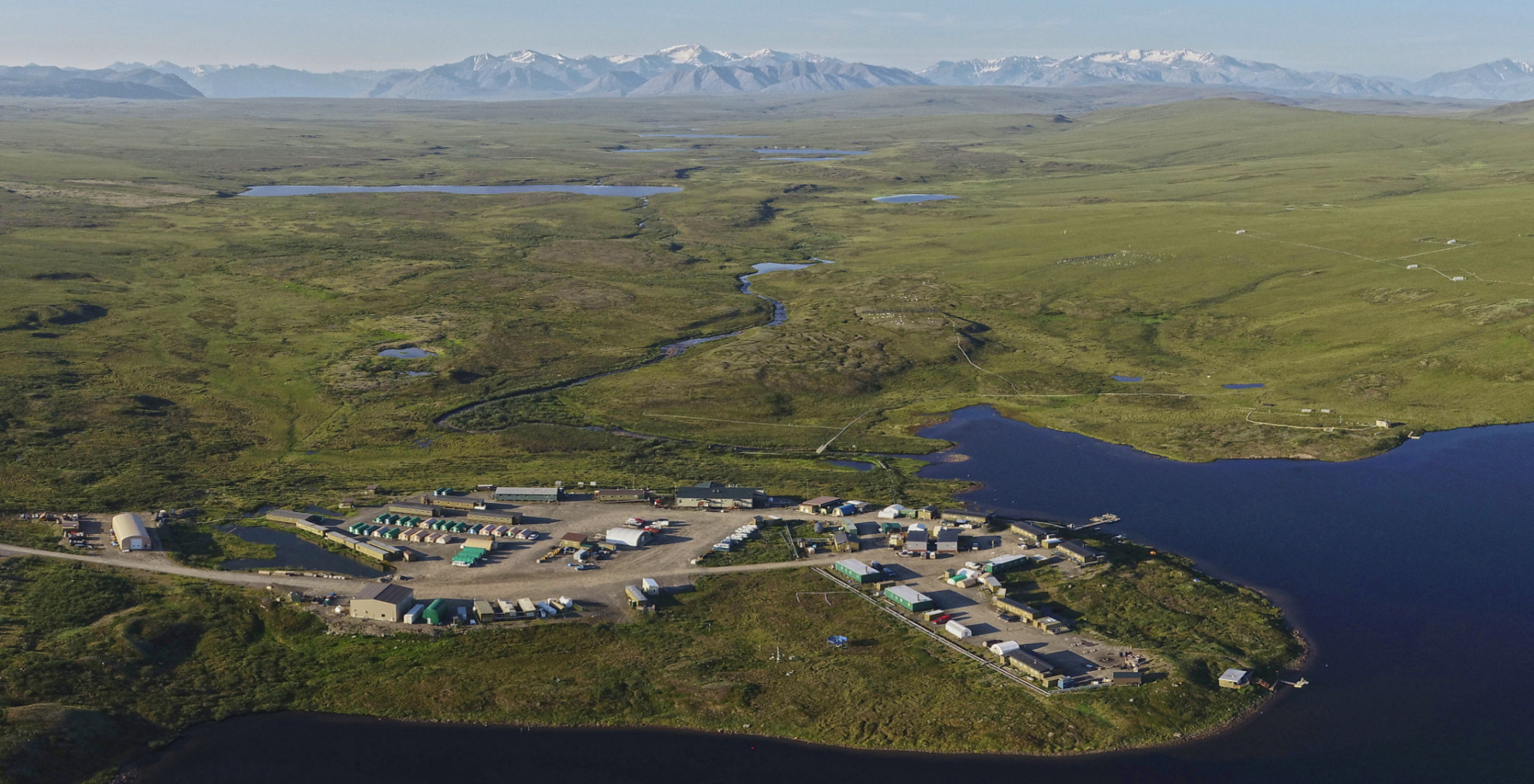Toolik Field Station gets $19.7 million for its next 5 years of operations
The North Slope research facility is the largest of its kind in the Arctic.

The Arctic’s largest scientific research station, a facility on Alaska’s North Slope, has received an increase in funding for the coming five years of operations, the University of Alaska Fairbanks announced on Tuesday.
Toolik Field Station, located 370 miles north of Fairbanks, has received $19.7 million in NSF funding for the next five years, UAF announced.
That compares to funding of $17.9 million for the period just ending, said Haley Dunleavy, a UAF spokesperson. The additional funding is enough to pay for a couple of additional full-time staffers and perhaps support some additional drone operations, she said
Toolik Field Station is operated by UAF’s Institute of Arctic Biology under a cooperative agreement with the NSF. It operates year-round and attracts scientists from around the world and supports long-term projects that include the Arctic Observing Network, the Arctic Long Term Ecological Research program and the National Ecological Observatory Network.
“The Institute of Arctic Biology is immensely proud of the world-class research opportunities provided by the outstanding team and facilities at Toolik Field Station and is delighted to see its longstanding partnership with NSF continuing strong,” Diane O’Brien, interim director of the Institute of Arctic Biology, said in a UAF statement. “Toolik Field Station is a major contributor to UAF’s position as an international leader in Arctic research and is a great way to show researchers worldwide what Alaska has to offer.”
The NSF provides all the funding for Toolik Field Station operations, though scientists who travel and work there usually secure their own project funding, Dunleavy said.
The NSF is also paying for new infrastructure, including a medical clinic, that will better support research projects conducted outside of the summer seasons, the UAF statement said.
This story was first published by Alaska Beacon and is republished here under a Creative Commons license. You can read the original here.